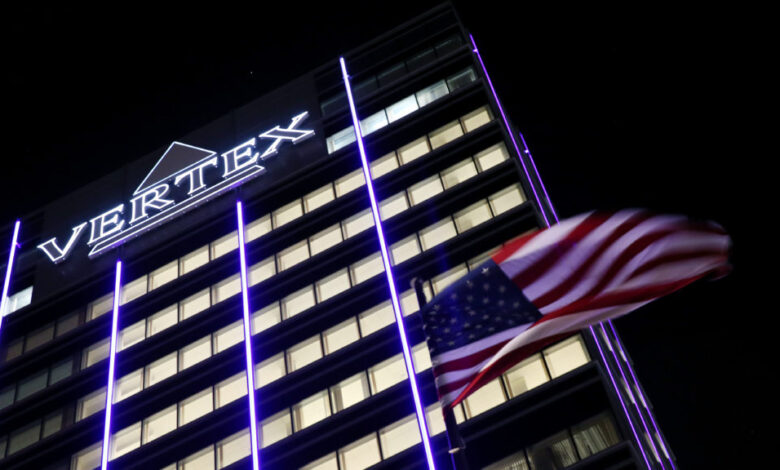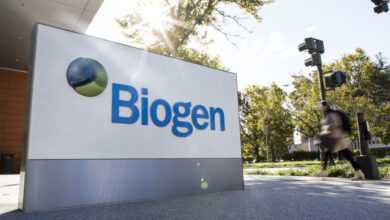Readout Newsletter: Moderna, Vertex, Otsuka, Vera

Want to stay on top of the science and politics driving biotech today? Sign up to get our biotech newsletter in your inbox.
Hello, everyone. Damian here with what is my final edition of The Readout on my last day at STAT. I’ve had a wonderful time covering biotech here these last eight years, and that’s in no small part a testament to the clever and engaged readers of this very newsletter. Meghana Keshavan isn’t going anywhere, and starting soon you’ll be reading a new voice in your inbox. Thanks for reading, and have a great weekend.
The need-to-know this morning
- European regulators find no evidence of a link between new obesity medicines and suicidal thoughts.
Is biotech getting stale?
How would you spend $13 billion in cash? And remember Dendreon?
We cover all that and more this week on “The Readout LOUD,” STAT’s biotech podcast. We discuss a multibillion-dollar deal from Vertex Pharmaceuticals with sweeping implications and a lengthy backstory. We also explain why gas prices are weighing on biotech, and make a surprise announcement.
Moderna’s African plans have come to a halt
Moderna has paused an ambitious plan to invest about $200 million in a Kenya manufacturing site that would produce mRNA vaccines for the whole African continent, citing insufficient demand.
The news, first reported by the Financial Times, follows a high-profile 2023 agreement between Moderna and the Kenyan government to construct a facility that would produce up to 500 million doses of vaccines each year. Moderna never purchased a plot for the proposed facility, according to the FT, and the company said in a statement that pausing the process would “better align its infrastructure investments with the evolving healthcare needs and vaccine demand in Africa.” Moderna said the lack of demand for vaccine doses in Africa has led to more than $1 billion in losses and write-downs.
The halted project is another example of how things haven’t quite turned out as Moderna hoped in the years since its early-pandemic peak. The company has lost about 50% of its value since the end of 2022, as demand for doses of its Covid-19 vaccine rapidly declined.
What about the company Vertex didn’t buy?
Vertex Pharmaceuticals’ decision to pay $4.9 billion for Alpine Immune Sciences cast a spotlight on the severe kidney disease IgA nephropathy — and, by extension, a company called Vera Therapeutics.
Vera has a similar treatment for the same disease, a weekly drug called atacicept, that is about a year ahead of Alpine’s, with Phase 3 data expected next year. Novartis and Otsuka have competing medicines in development, but Vera is the only other independent biotech firm in the space.
That suggests someone might want to buy it, and Vera’s share price is up about 30% since yesterday.
Pascal Soriot got his raise
Compensation has been a contentious issue for AstraZeneca CEO Pascal Soriot, who gets paid more than any other public company chief in the U.K. but less than most of his pharmaceutical peers in the U.S.
That’s going to change. AstraZeneca’s shareholders approved a policy that will raise his maximum possible pay by about 13% to $24 million. That will put him roughly in line with what the CEOs of Eli Lilly and Johnson & Johnson made in total compensation last year. That’s despite the recommendations of ISS and Glass Lewis, the two most influential shareholder advisory services.
The focus on Soriot’s pay package, which nearly got voted down in 2021, points to a stark cultural difference between the U.K. and the U.S., where pharmaceutical paychecks make headlines but rarely draw the ire of shareholders. AstraZeneca has nearly tripled in value since Soriot got the job, outpacing all but a few of his competitors, most of whom make more money.
More reads
- The inside story of Enhertu’s pan-tumor approval, STAT
- Drugmakers race to find alternative suppliers as U.S. cracks down on Chinese biotech, Financial Times
- When a cancer drug fails, oncologists often fly blind. A precision technique might light the way, STAT



